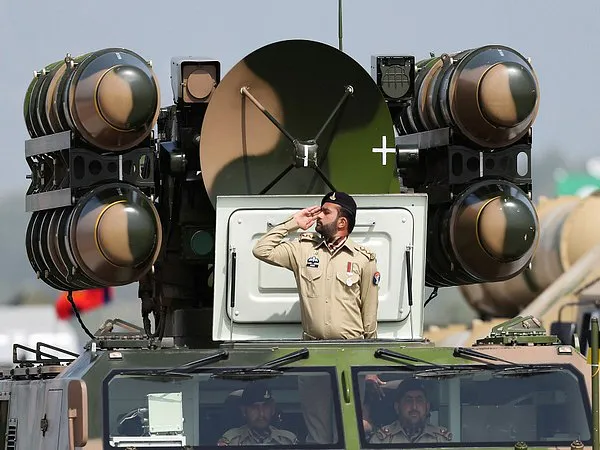The recent events that occurred in and outside Pakistan have added to the belief that the south Asian country is one of the most dangerous nations in the country and how questioning the Army is Pakistan’s most dangerous business.
Writing for the South Asia Democratic Forum (SADF), Siegfried O Wolf, said that Pakistan is in a state of shock after two horrifying events: first is the killing of journalist Arshad Sharif and the assassination attempt on former prime minister Imran Khan.
“The growing belief that both incidents might be linked contributes to a growing loss of faith by the public in the state and its institutions – especially security sector agents,” he argued in a commentary for SADF.
Sharif was killed by two shots fired at close range. This is one of the few hard facts to have emerged in the two weeks since his murder in a Nairobi suburb on the night of October 23.
The information comes from a Kenyan autopsy report published on November 4. It says that one of the bullets entered his back and exited via his chest and that the other bullet lodged in his head.
Expressing doubts about the impartiality of the Pakistani investigators and contradictory Kenyan police statements, Paris-based media watchdog Reporters Without Borders (RSF) this week called for a UN probe into Sharif’s murder.
“The information currently emerging from the Kenyan wing of the investigation is contradictory, and all independent attempts to get information are met with a wall of silence,” said Sadibou Marong, the director of RSF’s sub-Saharan Africa bureau. “If the Kenyan authorities want to shed light on this murder, they must ensure that the investigation is not cloaked in imprecision, and that it is independent and impartial.”
Kenya Union of Journalists president Eric Oduor told RSF that a transparent investigation was required by journalists worldwide. “But the government has not reported any progress in the investigations into the killing of Arshad Sharif. And we keep on demanding that the investigations are fast-tracked to bring the killers to book.”
Many questions have meanwhile been raised about Pakistan’s handling of the case, starting with the composition of the Joint Investigation Team (JIT) that the government appointed on October 25 to investigate the murder.
Another issue that has been running hot in Pakistan is the assassination bid on Imran Khan.
“The recent assassination attempt on former PM Imran Khan thus gains additional momentum and political brisance. As indicated above, Khan himself, like his supporters, has become a staunch critic of the current establishment,” Wolf wrote in SADF.
He pointed out how after Khan was ousted from power, the PTI chief has been rallying against the military and government, delivering fiery speeches calling for fresh elections.’
Wolf said that Pakistan is witnessing ‘growing discontentment’ about what is happening to people brave enough to question the country’s establishment.
“If the military leadership and the government continue to pursue the violent silencing of critics and fail to ensure fundamental political rights for Pakistan’s citizens, the mounting anger in the streets could escalate to unprecedented, dramatic heights,” he adds.

